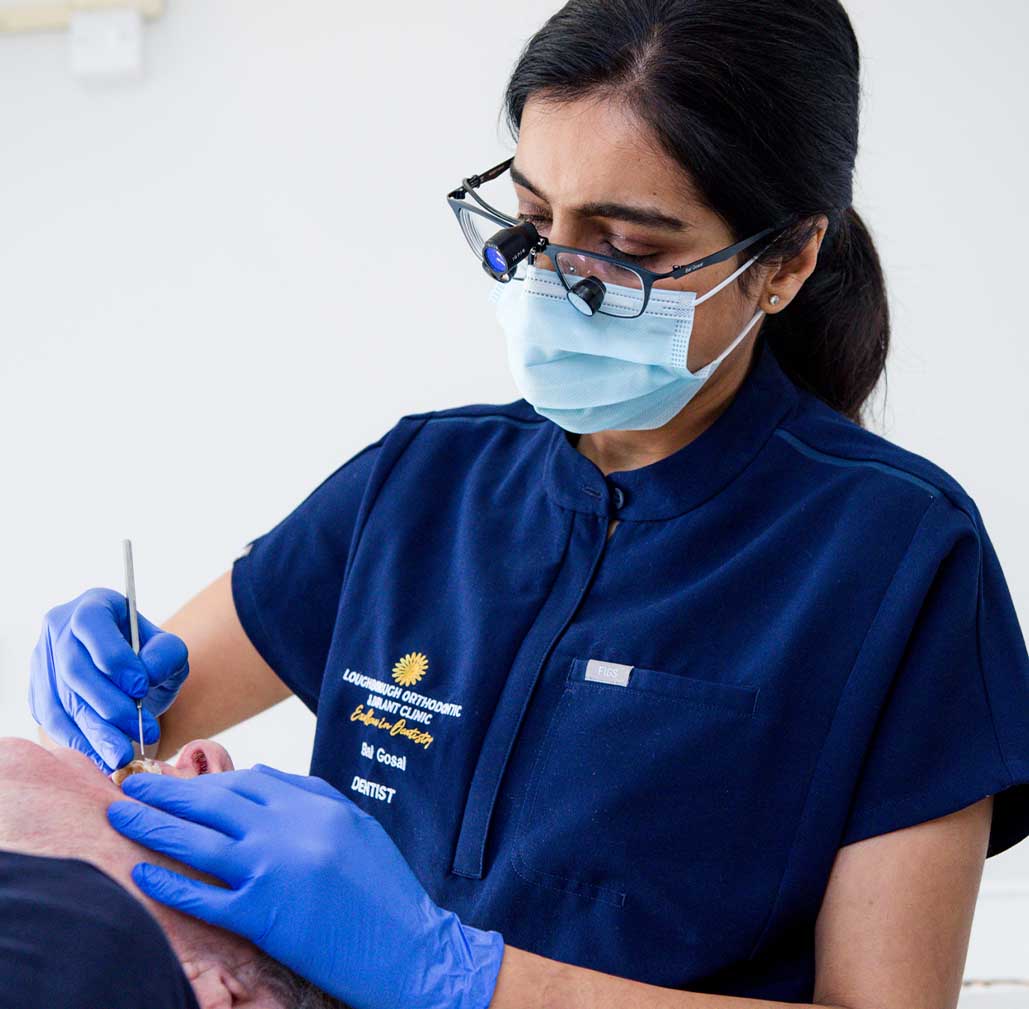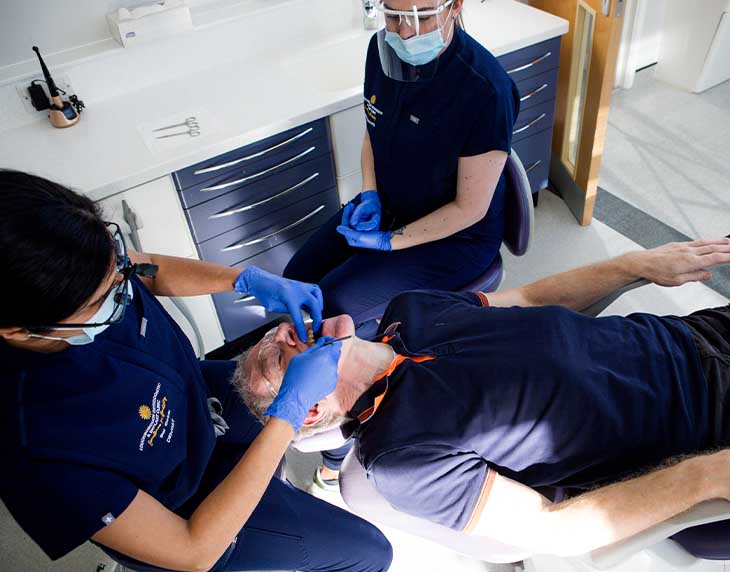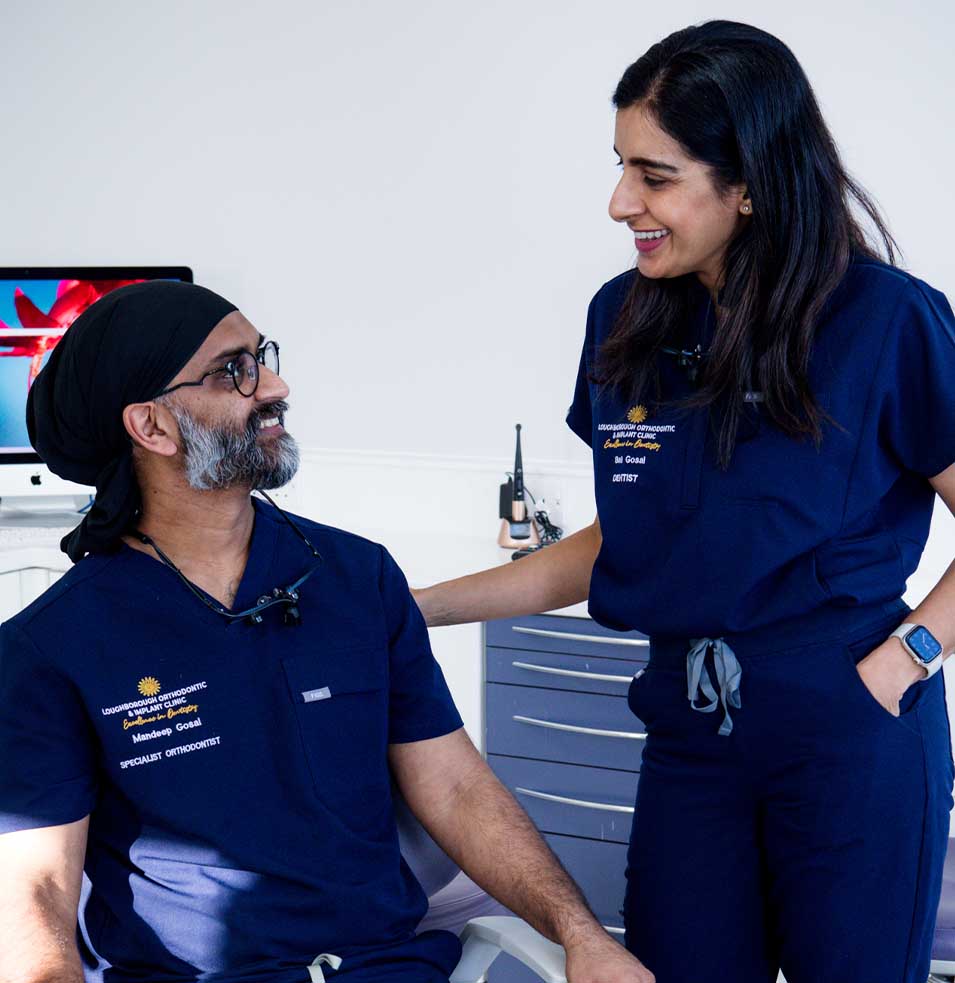Emergencies
However we care for our smiles and whatever we do for work and recreation, accidents can (and do) happen. But ensuring you’re prepared when the worst occurs means you’re able to act quickly and make a bad situation better.
Emergencies can occur for a whole range of reasons, and across a whole scale of severity. But from the smallest accident to the biggest injury, you can guarantee we’ll help to get you back on your feet and treat you with the care and respect you deserve.
Book your appointment
The benefits
When an emergency strikes, you want to feel you’re in safe hands. Happily, you can count on our Orthodontic & Implant Clinic to put things right if the worst does happen.

- Same-day emergency appointments available for existing patients
- Effective treatments for lost appliances, broken or damaged braces
- Follow-up appointments available
- Dedicated emergency line: 07834 187276
FAQs
Generally speaking, the sooner you can get advice, the better the outcome. If you’re experiencing pain from the brace, have lost an appliance, or believe it’s an emergency, get in touch with our team immediately.
There are lots of things that could constitute a orthodontic emergency, but a good rule of thumb is that if you’re experiencing severe or consistent oral pain, seek advice from the team. Common problems range from lost brackets, wires digging in, loose appliances, or trauma whilst wearing a brace.
Our Out of hours emergency number is 07834 187276, however if your enquiry can wait until the next day, you can contact us via email smile@loughboroughorthodontics.co.uk or on our usual number, 01509 261006.
- Follow the advice given to you: At the beginning of your Orthodontic journey, one of the team will sit down with you and discuss wear and care information as well as the importance of good oral hygiene.
- Wear a mouthguard: We see many injuries stemming from extreme or contact sports — anything from rugby to biking. A mouthguard can help protect your teeth from cracking, breaking or loosening (these are available to purchase at the practice).
- Attend appointments: During brace treatment, it is important to ensure you attend appointments so we can monitor the progress of your teeth, and work alongside your dentist to avoid problems from occurring.
- Have regular check-ups: Continue to attend your general dentist throughout brace treatment. Your dentist is trained to spot signs of decay and other oral health concerns. Book regular appointments to keep on top of your smile.




